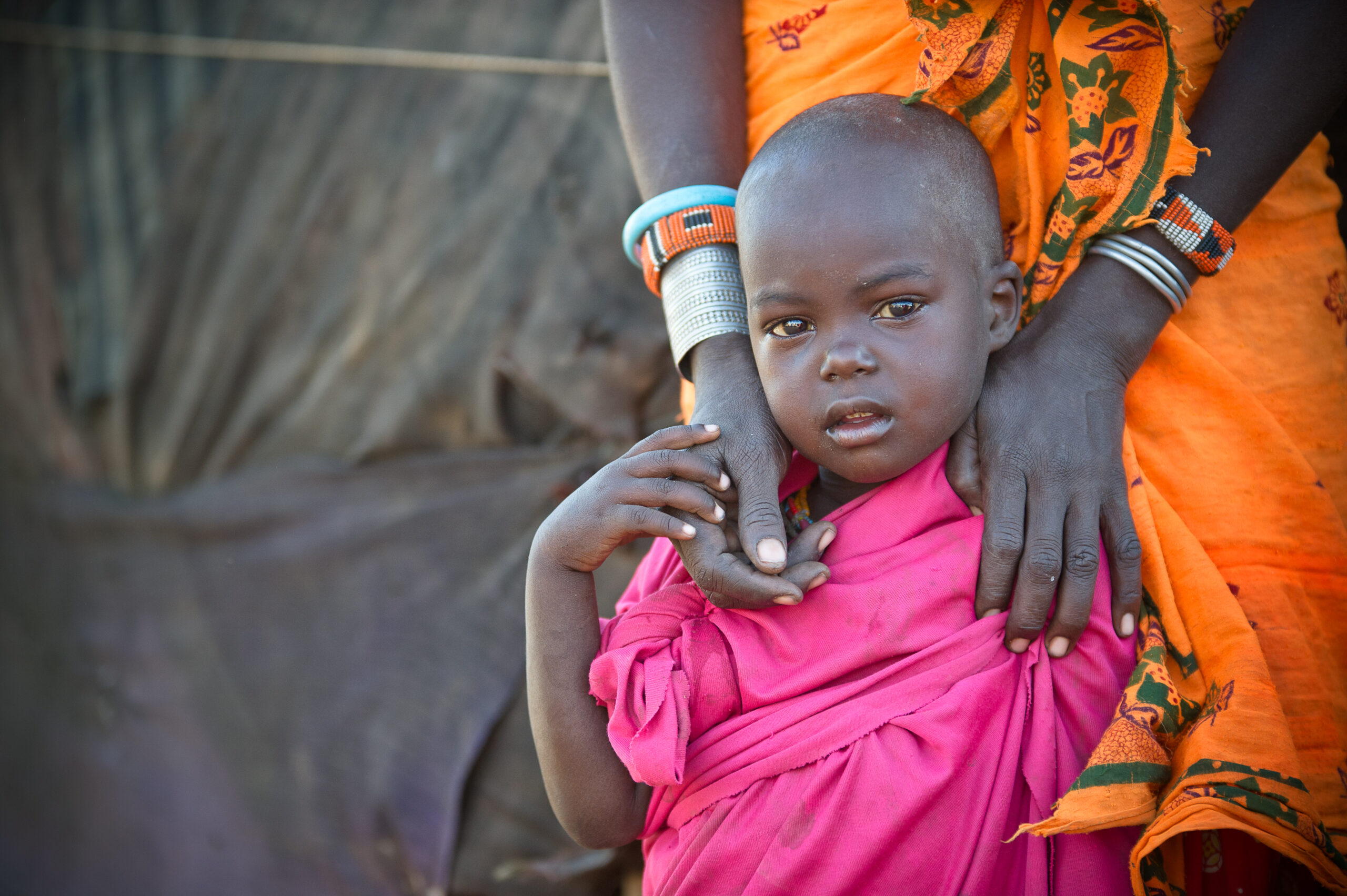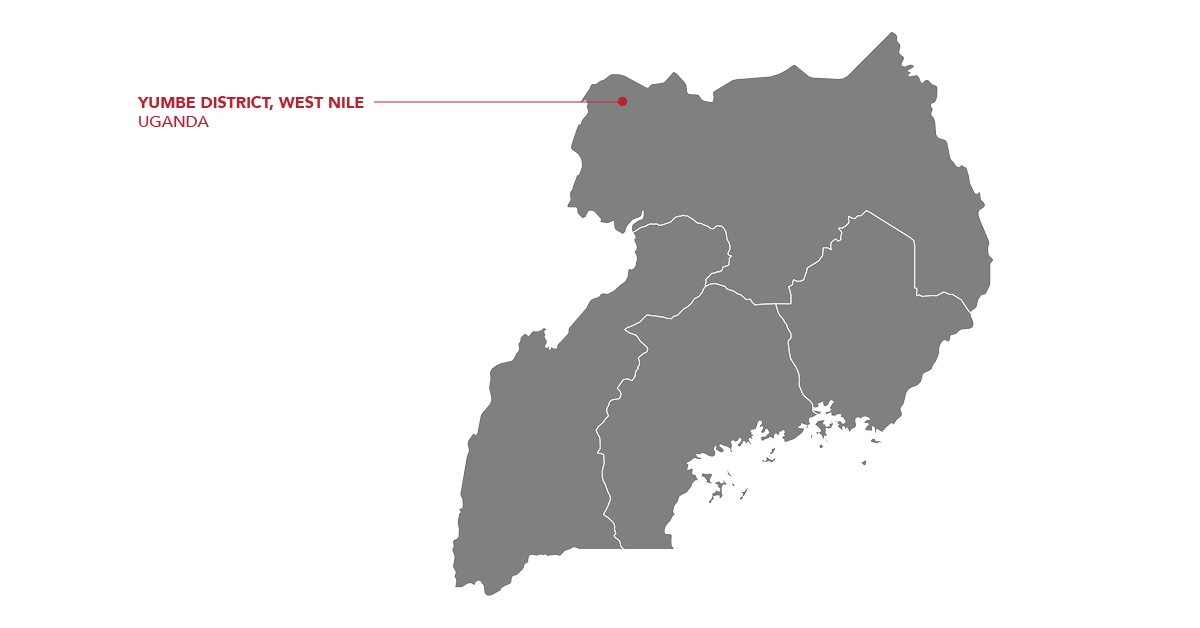The global refugee population has more than doubled in the last decade, and at least 100 million people have been forced to leave their home over the last ten years.
Today, sub-Saharan Africa hosts more than 26% of the world’s refugee population. Forced into unfamiliar environments, refugees often lack access to the most basic human rights. 51% of refugee households lack a reliable source of income, and more than 10 million refugees worldwide depend on food aid. Since the outbreak of COVID-19 in March 2020, the World Food Program estimates that access to food has dropped by 30%.
More than one million people have fled into Uganda over the last decade due to violence in South Sudan, Ethiopia and Eritrea. Children have been especially impacted by the violence — there has been a 70 percent increase in children living on the streets since 1993. As many as 1.7 million children have been orphaned, and a third of all Ugandan families have had to foster orphaned children.

The BOMA Project is providing women in refugee populations with access to training, markets, and capital so that they can start new businesses and forge a path out of extreme poverty. Working closely alongside Caritas Switzerland and its local partners — including The Agency for Accelerated Regional Development (AFARD), and the International Union for Conservation of Nature (IUCN) — BOMA has launched a three-year program in the Yumbe district of West Nile, Uganda. A total of 450 households are being targeted in the first phase of this initiative.

BOMA’s work in Uganda aims to support children’s rights and protection, lift households out of extreme poverty using our REAP model, and promote the sustainable management of natural resources and sustainable livelihoods — because it’s only when we protect children and the environment that we can truly build sustainable futures.

